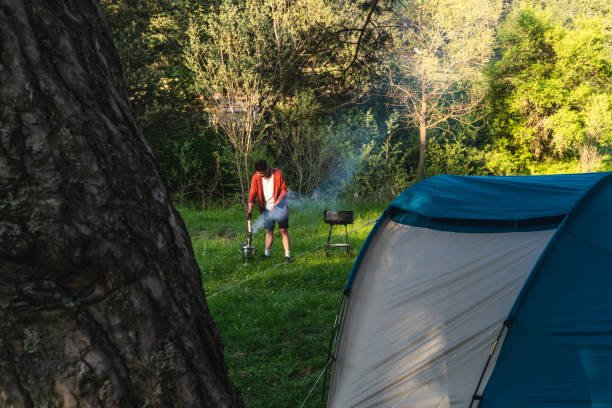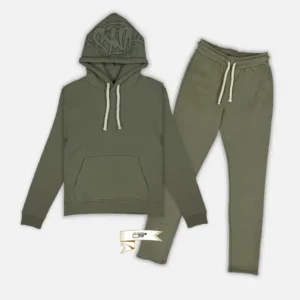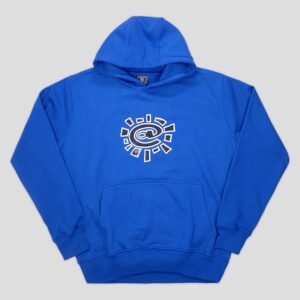Embarking on your first camping trip can be an exhilarating yet daunting experience. With proper preparation and a few handy tips, you can transform your camping adventure into a memorable and enjoyable journey. In this comprehensive guide, we’ll explore essential camping tips and tricks tailored specifically for beginners, ensuring a smooth transition from the comforts of home to the great outdoors.
Choosing the Right Gear
Selecting a Tent
Your tent will be your home away from home, so choosing the right one is crucial. Consider the number of occupants, the weather conditions you’ll be facing, and the ease of setup. Look for a tent with a rainfly, adequate ventilation, and a durable construction.
Sleeping Bags and Pads
Invest in a high-quality sleeping bag and insulated sleeping pad to ensure a comfortable night’s sleep. Pay attention to the temperature rating of the sleeping bag, and choose one that matches the expected weather conditions. Sleeping pads provide cushioning and insulation from the ground.
Camping Stove and Cookware
A reliable camping stove and appropriate cookware are essential for preparing hot meals during your trip. Look for compact, lightweight, and fuel-efficient stove options. Consider the number of people you’ll be cooking for and pack the necessary pots, pans, and utensils.
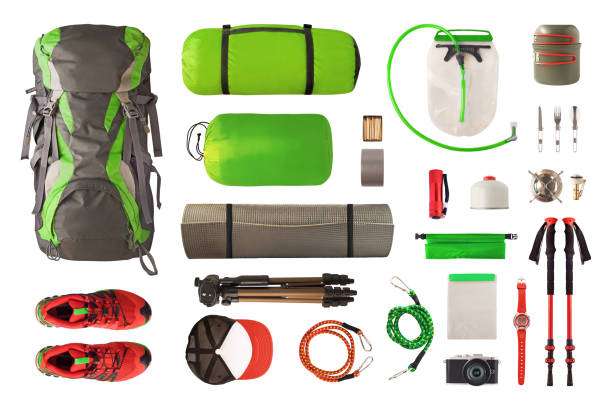
Camp Setup and Safety
Choosing a Campsite
When selecting a campsite, consider factors like proximity to water sources, level ground, shade or sun exposure, and potential hazards like falling branches or wildlife. Scout the area for potential danger signs and follow any posted regulations.
Fire Safety
If campfires are permitted, ensure you have the necessary tools and knowledge to build and extinguish them safely. Clear a designated fire pit area, keep water or sand nearby for emergencies, and never leave a fire unattended.
Wildlife Awareness
Familiarize yourself with the local wildlife and take necessary precautions to avoid encounters. Store food properly in airtight containers or bear-resistant canisters, and keep your campsite clean to minimize attracting unwanted visitors.

Camping Essentials
Lighting
Reliable lighting sources are crucial for nighttime activities and safety. Pack headlamps, lanterns, and extra batteries to ensure you’re never left in the dark. Consider packing a solar-powered or crank-powered option as a backup.
Navigation and Communication
Bring a compass, map, and GPS device (if necessary) to help navigate your surroundings. Also, have a backup communication plan, such as a satellite phone or personal locator beacon, in case of emergencies.
First Aid and Emergency Supplies
Assemble a well-stocked first aid kit, including bandages, antiseptic, medications, and other essential items. Don’t forget to pack emergency supplies like a whistle, fire starter, and survival blanket.
Food and Water Preparation
Meal Planning
Plan your meals in advance and pack non-perishable, lightweight, and easy-to-prepare foods. Dehydrated or freeze-dried meals are convenient options, but don’t forget to include fresh fruits and vegetables for added nutrition.
Water Treatment
Ensure you have a reliable water source or bring enough water for your trip. Pack a water filtration system or purification tablets to treat any water from natural sources.
Cooking and Cleaning
Bring biodegradable soap and a designated cooking and cleaning area to maintain proper hygiene and minimize your environmental impact. Pack reusable utensils, plates, and cups to reduce waste.
Camping Etiquette and Leave No Trace Principles
Respecting Nature
Always follow the “Leave No Trace” principles by minimizing your impact on the environment. Pack out all trash, properly dispose of human waste, and avoid damaging vegetation or disturbing wildlife.
Campfire Etiquette
If campfires are allowed, only burn designated firewood and never cut down live trees or branches. Ensure your fire is completely extinguished before leaving the area.
Noise Levels
Be mindful of your noise levels, especially during quiet hours, to respect the peace and tranquility of the outdoors and avoid disturbing fellow campers.
Camping with Kids
Engaging Activities
If camping with children, plan age-appropriate activities to keep them engaged and entertained. Bring games, books, and outdoor toys to encourage exploration and learning.
Safety Measures
Prioritize safety by establishing clear boundaries, supervising activities, and teaching children about potential hazards such as wildlife or campfires.
Comfort and Preparation
Pack extra snacks, layers of clothing, and familiar items to help children feel comfortable and adjusted to the new environment. Involve them in the planning and preparation process to build excitement and ownership.
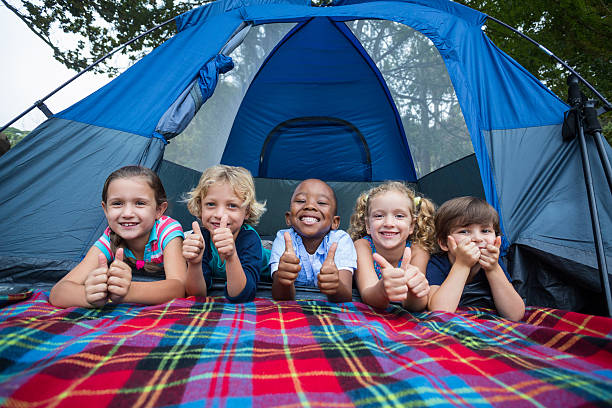
Camping Hacks and Tips
| Hack/Tip | Description |
|---|---|
| Glow Stick Lanterns | Place glow sticks in water bottles or jugs for improvised lanterns. |
| Duct Tape | Bring a roll of duct tape for quick repairs, marking trails, or first aid. |
| Dry Bags | Store essential items like phones, cameras, and documents in dry bags to protect from moisture. |
| Frozen Water Bottles | Freeze water bottles to use as ice packs or drinking water as they thaw. |
| Camping Towels | Pack quick-drying camping towels or microfiber towels for space-saving convenience. |
| Moleskin | Prevent blisters by applying moleskin or blister pads to potential hotspots. |
| Camping Chairs | Invest in lightweight, compact camping chairs for comfortable seating around the campfire. |
| Headlamp Etiquette | Use a red light mode on your headlamp to preserve night vision and avoid disturbing others. |
FREQUENTLY ASKED QUESTIONS About Camping Tips and Tricks
What should I do if I encounter wildlife during my camping trip?
Remain calm, avoid sudden movements or loud noises, and slowly back away while giving the animal plenty of space. Never approach or feed wild animals, and properly store food and scented items to avoid attracting them to your campsite.
How can I stay warm during cold nights while camping?
Dress in layers, including thermal base layers, insulating mid-layers, and a waterproof outer layer. Use a warm sleeping bag rated for the expected temperatures, and consider bringing a sleeping pad with good insulation properties.
What should I do if it rains during my camping trip?
Ensure your tent is properly set up with a rainfly, and avoid pitching it in low-lying areas or near bodies of water. Keep essential items dry by storing them in waterproof bags or containers, and dress in appropriate rain gear.
How can I prevent bug bites and insect issues while camping?
Use insect repellent containing DEET or picaridin, wear long-sleeved shirts and pants, and avoid leaving food or sweet-smelling products out in the open. Consider bringing a bug net or citronella candles for added protection.
What are some tips for maintaining proper hygiene while camping?
Bring biodegradable soap, a dedicated towel, and a camp shower or washcloth for personal hygiene. Set up a designated washing area away from water sources, and properly dispose of wastewater.
How can I minimize my environmental impact while camping?
Follow the Leave No Trace principles by packing out all trash, properly disposing of human waste, respecting wildlife and vegetation, minimizing campfire impacts, and respecting others’ experiences by keeping noise levels down.
What should I do if I get lost while camping?
Stay calm, find a safe and visible location, and signal for help using a whistle, mirror, or other signaling devices. If possible, backtrack to your last known location and wait for rescue.
How can I keep my food fresh and safe while camping?
Store perishable foods in a cooler with ice or frozen gel packs, and consume them within the recommended timeframe. Keep coolers out of direct sunlight and avoid opening them unnecessarily. Properly store and dispose of any leftovers or spoiled food.
Final Words
Camping is an incredible way to immerse yourself in nature, disconnect from the hustle and bustle of daily life, and create lasting memories. By following the tips and tricks outlined in this guide, you’ll be well-prepared to tackle your first camping adventure with confidence and ease.
